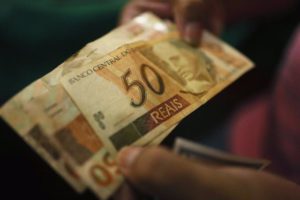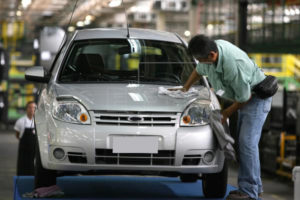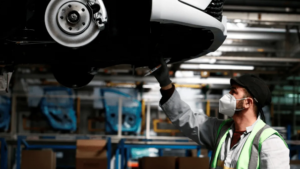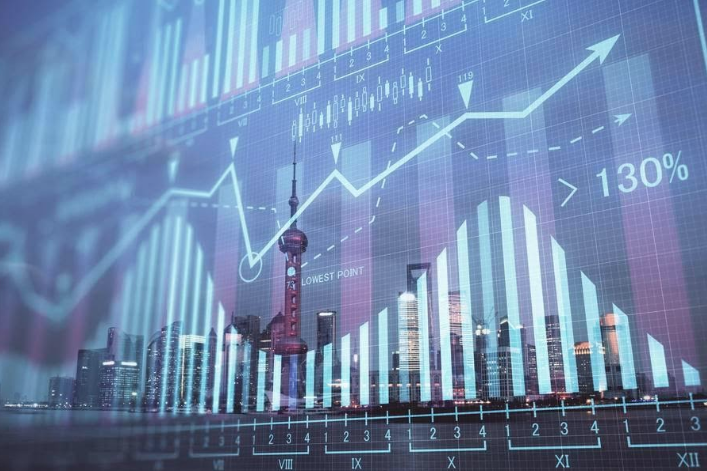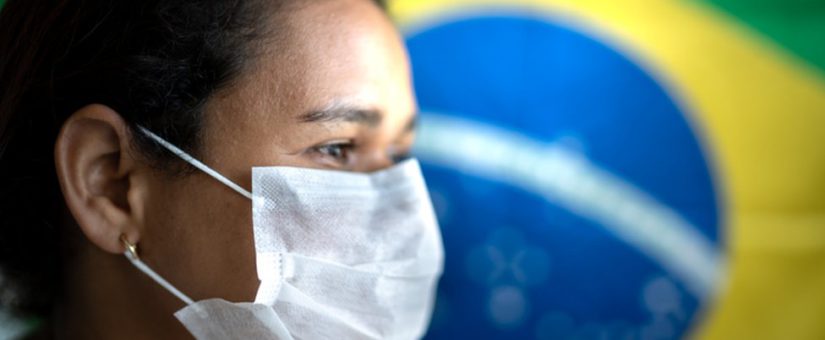
Outlook of the aftermarket business recovery in Brazil Categories: 2020, News Timelines: Brazil, Brésil
Announcement Date : 5 novembre 2020
The Brazilian recovery speed from the Covid-19 crisis surprises specialists and poses the question: is it sustainable or shall we expect a relapse? What about the aftermarket?
Since the beginning of the crisis, economists are continuously revising their forecast for the 2020 Brazilian PIB upwards. The latest projection from the Central Bank is 5% drop while the estimate was -6.5% in June and between -7 and -9% in April. This is 0.8 points over the FMI’s forecast (-5.8%) and 0.3 points under the Ministry of Economy’s projection.
« Thought they were the epicentre of the coronavirus, Brazil surprisingly leads economic recovery in Latin America. However, three variables might abruptly stump this recovery… »
The first one is the pandemic itself: even though the virus has stabilised in recent months, alarmingly high new Covid-19 cases mean that the virus could quickly expand, causing further disastrous consequences on the economy. How the virus evolves is still not clear, creating an uncertainty for the prospects of continued recovery.
The two other variables are purely economic. One of the most mentioned factors to explain the quick recovery are the temporary stimulus measures taken by the government, such as the emergency aid paid to the Brazilian families under certain conditions. Eventually, government spending will have to be phased out, however it is not clear how the economy will react to this. Vulnerable households may potentially require further support after the end of the Covid-19 period, so the removal of social assistance could be damaging to recovery.
photo: Notimérica
And the second issue is the fiscal risk due to the increase of the resulting public debt, which will raise from 75% of the PIB to approximately 100% by the end of the crisis. The increased debt could lead to more austerity in the future, which could also impact the road to recovery.
Moreover, the recovery is unified in all of Brazil, and strongly contrasts among the various sectors of activity and regions. As Brazil is a Federal republic, each state takes its own measures to combat Covid-19, which have direct impact on the recovery speed, depending on what policies are implemented.
The situation of the automotive aftermarket is even more complex.
photo: Agencia EFE
2019 had been an exceptionally great year. Growth of the automotive aftersales market in 2019 has been far over the rest of the economy. On one hand, it has been pushed by the growth of the car parc and the average driven mileage, which increased the number of entries. On another hand, the aging car parc influenced the type of operations carried out on the cars, increasing the average price paid by customers.
The acceleration of the growth of the aftermarket had left most of the players in a peculiar stock situation, not necessarily perceived at all the levels of the parts distribution chain.
When the Covid-19 crisis started, more than half repairers closed. Although most of them reopened after two to five weeks, the drop in weekly activity remained far over 50% up to June.
Many professionals have been dismissed at all levels, and some repairers resort to credit. The smartest started to improve the service provided to clients to become more competitive (such us pick up or improvement of the scheduling process) and had great success.
While around 20% of the repairers say they already got back to normal, the other ones see several difficult months before a complete recovery.
photo: El Economista
And the proportion of repairers strongly worried for the future of their business, mainly independent garages, body shops and fuel stations, is significant. Most of them still feel the lack of clients.
For sure, those who were in a good situation before the crisis, and took the right decisions, got stronger and benefited, particularly if local competitors struggled.
Although, despite the fragility of the recovery, parts shops express their worry regarding the availability of parts in the short-term future. Shortage of stock has been a problem for most of the players during the crisis and some of them, both repairers and stores, decided to stock more products to be well prepared.
Furthermore, several manufacturers stopped production, the stock level got low and demand is now increasing. The distribution chain is very complex in Brazil. Shops and repairers are used to working with a big number of providers, so they usually always find a solution if a part is missing somewhere. For this reason, we will see big disparity between the players and increased demand to those who are able to provide: a good stock management strategy will be a key at all levels, and it requires extremely precise forecasting in an highly unstable economic situation.
GiPA is offering several forecasting tools to help clients build their strategic plan. Please contact us if you need any further information/data.












